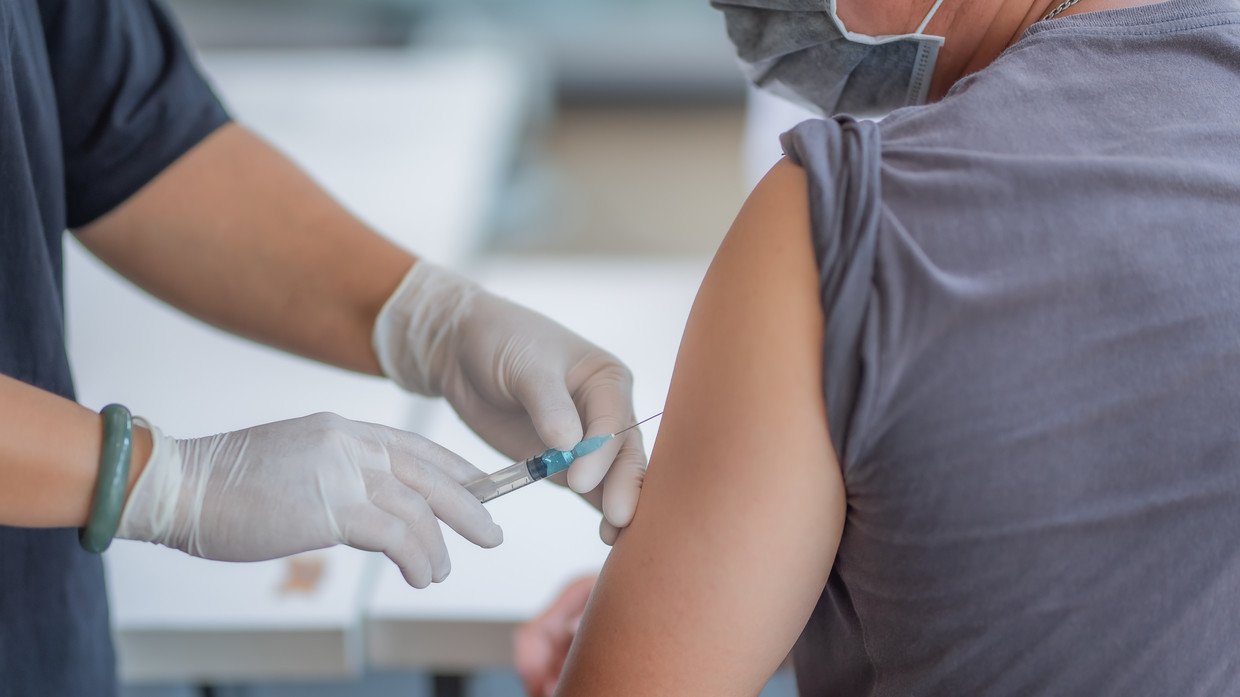A nursing assistant who was paralyzed after receiving a shot of AstraZeneca’s Covid-19 vaccine will receive compensation from the South Korean state after she was recognized as a victim of an industrial accident.
The health worker, whose name was not disclosed, had been inoculated against Covid-19 on March 12. She later suffered from double vision and paralysis – and was diagnosed with a rare autoimmune disease known as acute encephalomyelitis, the state-run Korea Workers’ Compensation & Welfare Service said in a statement on Friday.
After examining the case, the agency ruled that there was a “reasonable causal link between the side effects and the vaccination.” It also pointed out that the nurse didn’t have any underlying health problems that could complicate her condition.
Also on rt.com Norway to pay compensation for AstraZeneca side effects as patients who suffered from Pfizer & Moderna watch and waitThe woman had received the vaccine – jointly developed by UK-Swedish pharma giant AstraZeneca and Oxford University – during her working hours to “comply with her employer’s recommendations,” the statement read. “She would have been in a difficult position in her workplace had she not been inoculated,” it added.
On those grounds, the nurse has been recognized as the victim of an ‘industrial accident’ in the first such case for South Korea. The decision entitles her to government compensation and benefits under the Industrial Accident Compensation Insurance Act.
She will be compensated for missed working hours, with her expenses and disabilities also to be covered by the state, the agency said.
Also on rt.com Pyongyang rejects AstraZeneca Covid-19 vaccine over side effects – South Korean think tankContacted by Reuters, AstraZeneca declined to comment on the case, saying that the safety of patients was the company’s top priority and reaffirming that the jab offers “a high-level of protection against all severities of Covid-19 and variants of concern.”
Reports of severe cases of blood clots and low platelet counts associated with the AstraZeneca vaccine – currently distributed under the Covishield and Vaxzevria brands – led a number of countries to restrict its use in younger people earlier this year. Some nations, like Denmark and Norway, went as far as suspending the jab altogether over fears of side effects.
Like this story? Share it with a friend!

